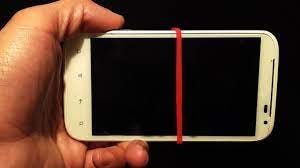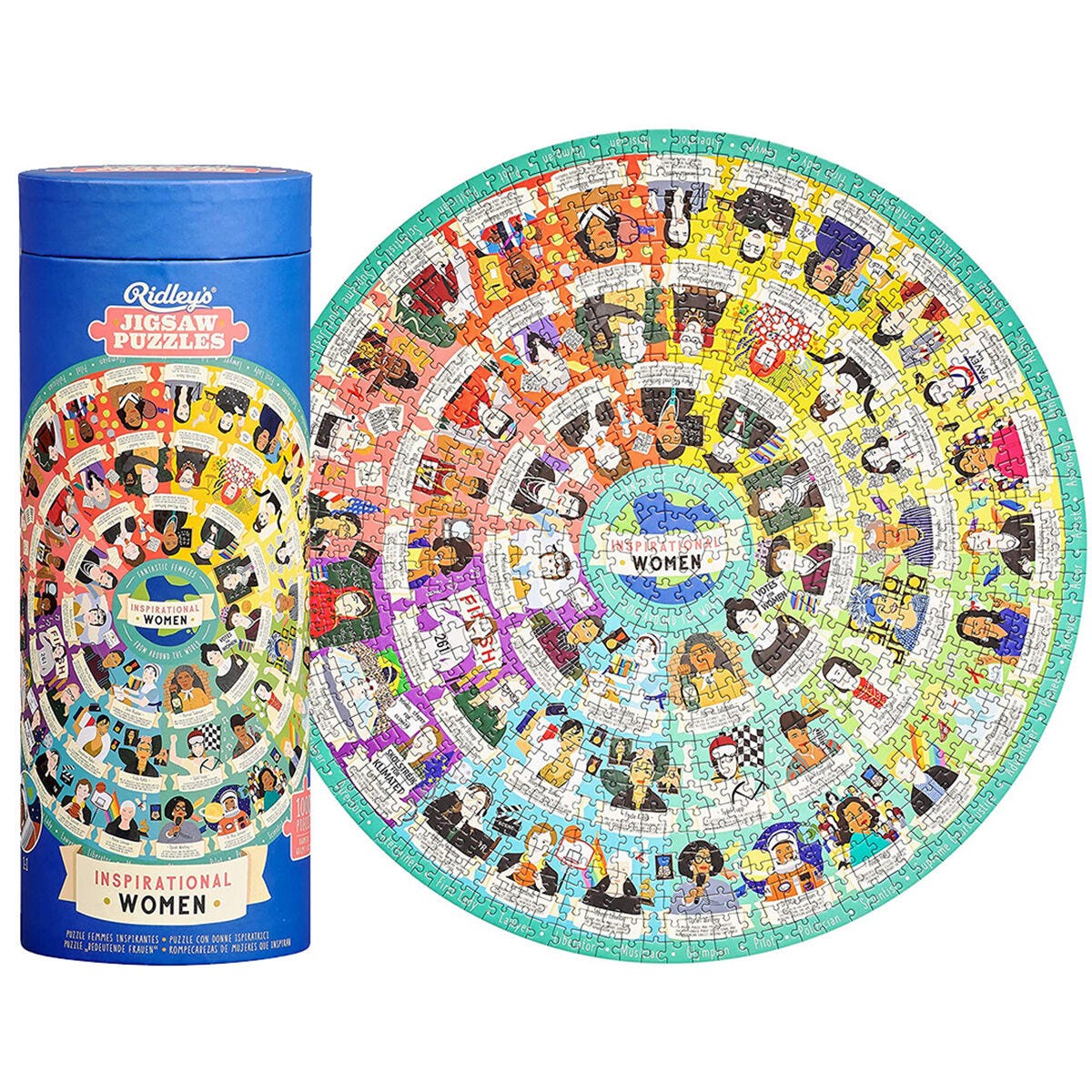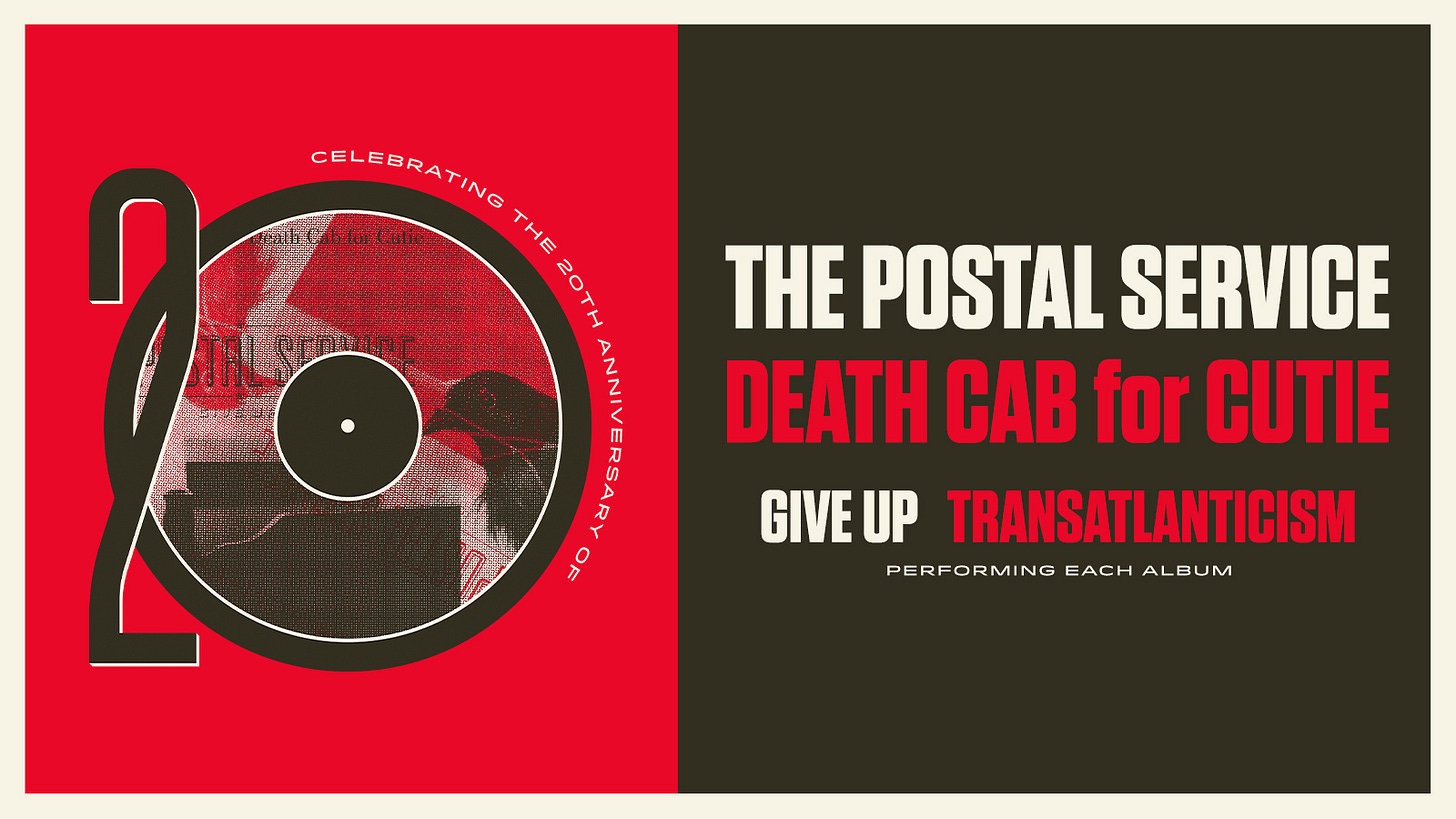So This is the New Year...
Creativity and the Digital Detox... one month later
This morning my good friend Neil texted me to say congratulations, as we were newly single men.
After a momentary panic attack that something terrible had happened simultaneously to both our spouses in the night, I realized he was talking about our month-long digital detox, which was at an end after thirty days.
I had not been counting the days. I had not even been thinking about when it would all be over, because I didn’t want it to be over. Thirty days had flown by.
Last month, Neil and I set out on a quest, explained in better detail in my last blog post, to take a step-by-step reckoning with our cell phones, following a guide laid out by author Catherine Price in her book How to Break Up With Your Phone.
Going into this, my goals were to find some way to cut down on my overall screen usage, to get time back in my day, to shake off my social media addictions, and most of all—to rejuvenate my creativity.
I’m very happy to say that the month was not just easy and (mostly) painless, but that it was actually fun. I especially liked having something to check in on periodically with Neil, sort of like a work-out buddy, or a mini writing group. The irony that we used our phones to text each other all the time was not lost on us—but it felt good to be spending my time interacting more in the manner of high school AIM than through social media (more on this later).
The good news is that here on Day 30, I feel like I’ve been successful on all fronts, particularly when it comes to getting back in touch with my creativity. But the biggest and most unexpected takeaway at the end of the month is this:
I feel more like myself than I have in a long time.
OK. OK. I promised myself I wouldn’t get too “woo woo” here and that I wouldn’t compose this post with lots of gauzy over-sincerity or a holier-than-thou attitude—these being just the kinds of things that have turned me off when others have tried to convert me to just about anything in life: religions, habits, veganism, yoga, etc.
I’ve always been a little contrary, as much as I’ve always also been a born seeker, and these, I suppose, are not such bad checks-and-balances to have. I come to changes in my own time, at which point I usually wish I’d come to them much sooner—but that’s my process, in life and in creativity too. I wish I could settle on an outline at the start and commit to it, but my writing has always needed space to meander and overflow. I’ve learned to get better at cutting it back later on, and reaching the point more directly. (Not a lot better, Kris, you may be thinking, get to it!)
Quickly, I’ll sum up the “break up process” as laid out in Price’s book. Each day there is a challenge or task to do which, as Neil astutely pointed out to me this weekend, is either a) some kind of self-reflective writing, or b) a change to make with your phone itself (usually small), and then c) a mindfulness practice of some sort.
So for instance one week, we spent a Monday jotting down some thoughts about our current relationship with our phone: “I love that it keeps me connected to friends and a literary community. I want to be aware of current events/news, etc.)” but then again, “I don’t love that I pick it up throughout the day whenever I’m bored, irritated, or need a distraction. It feels compulsive. I check Instagram while sitting at red lights, or while I’m supposed to be reading to my kids. My mind can’t wander or be imaginative. I waste time on it and later wish I’d been writing instead.”
Then on a Tuesday we’d do something practical on the phone itself, like establish time limits for various apps through a screentime app (I used UBhind) or “off times” with a blocking app (I used Freedom) or even just turning off app notifications or unsubscribing from unwanted email lists. (Many of these tools were helpful in the lead-up, and now don’t seem really necessary to me anymore.)
Then on a Wednesday we’d do something mindfulness related: meditate for ten minutes, or take a walk without our phones, or put a rubber band around the screen so we had a reminder not to turn it on as often. Stuff like that. Basically it all served to make us think a little more each day about how and when and why we used our phones, and to test out various ways of adjusting our usage.
It was not until Day 20 in the month that Price’s book asked us to actually put the phone away for an entire 24-hour period, and by that point, having gone through all those other smaller steps beforehand, I found that it was mostly a breeze.
There were a few moments of surprise: when I couldn’t put on an audiobook for my kids in the car, or watch an episode of Justified on the treadmill at the gym. At times I felt irresponsible without it—what if something happened to my kids at the childcare center at the gym and they tried to call me? Well, I realized, I’d be about twenty yards away, and pretty easy to find if someone suddenly got injured.
Still I found myself a little uncomfortable at first. Used to using my phone to scan into the gym, for instance, I impulsively lied to the check-in person and said I’d “forgotten” it at home. This seemed easier than trying to explain that I had left it behind intentionally, which I felt strangely ashamed about.
Soon after, as I would so many times in the month, I found myself resenting the assumption that I would have a phone on me at all times—there are so many things that we can’t do without them now, or that have become much more difficult to do without them. Endless times I had to go find my phone because some website needed me to use 2FA texts to get in on my laptop (including my work email and the campus classroom software). But this only strengthened my resolve, as did seeing other people around me lost absently in their phones all the time. I didn’t want to live like this anymore. I wanted to go back in time, and often that’s literally what I had to mentally do in order to get things done.
I missed taking photos of my kids at the park, or being able to put music on in the car easily. Should I go back to the way I’d done things, fifteen years ago? Get a portable camera or an mp3 player? Use the radio? Actually—these did not seem like terrible ideas. After all I was happily using a real alarm clock again, so why not embrace it elsewhere?
But then I reconsidered. Without the ability to take photos or put on my music, I did find my mind wandering more freely. Some ideas for stories to write even began to pop up. I carried a notebook around, wrote down things I needed to look up later: books about theosophy, the life of Hilma af Klimt, history of yard sales, how tall is Mt. Monadnock? Esther 4:16. Etc, etc.
At night, as I watched TV with my wife, instead of trying to do the Spelling Bee or checking Instagram, I worked on a jigsaw puzzle leftover from the pandemic, and was happier than ever by bedtime.
As it happened, Day 20, when I did my 24-hour “Phast” (Price’s term for fasting from your phone) turned out to be the weekend of Rosh Hashanah. I didn’t ditch my phone on the day itself, because I was trying to coordinate getting to synagogue and meeting with friends for the service that morning, so I ended up doing it the following day instead.
For those who aren’t hip to the Jewish calendar, Rosh Hashanah marks the start of the Jewish New Year, (it’s now the year 5784) and is probably the biggest and most important holiday of all. It is tied to Yom Kippur, the Day of Atonement, which comes a week later.
During these “High Holy days” we are asked to consider our past, address our regrets, ask forgiveness for our wrongdoings, and aim to begin the new year with a sense of “renewal.”
During the Rosh Hashanah service, the day before my “Phast” a new rabbi at our temple addressed the congregation to introduce herself and to talk about her journey from growing up in Westchester, to living in Israel for decades, and then coming back here again.
In her sermon she zeroed in on the Hebrew word, “chadeish” which means “to restore or renew,” and pointed out that it is often used in reference to those who may have been behaving badly who need to get their acts together. But she argued that it should not always been interpreted in such a harsh way, because it isn’t simply those who’ve broken the rules who need to get back in line—but rather to think of it as an urging for all of us to get back to who we actually are, instead of remaining who we’ve become.
It resonated with something my therapist had said when I first told him about the phone breakup challenge. I’d been telling him about my goals—to be less distracted and impulsive and to reboot my creativity—and he nodded in approval and said, “That’s a great idea. I hope you find a way to be yourself again.”
It hit me that this was the exact thing I’d been seeking, at the core of all those very specific goals from before. Still I had not quite put it in those terms for myself yet—after all, who was I being, if not myself? Isn’t myself whatever I am?
But no, the Rabbi’s sermon reminded me. We have many selves, and there’s some self in there that we strive to find our way back to, again and again. Call it a better self, maybe, or a true self—I’m not sure which is right. But when I’ve been saying, “I want to be able to pay attention to my kids” or “I want to be less unhappy after checking in with news and social media” or “I want to feel more creative again,” I realized that at the core of this is some desire to return to—to restore or renew—the person I was before smartphones and social media began to steer me off in some other direction… and this is no small thing, considering we’re talking about, at minimum, a ten year course correction by this point. Actually, longer.
When I think about what kind of creativity I want to have again, I think about that period in 2009-2010 when I was writing new things all the time.
For a long time I’ve worried that the issue lay in just not being 27 years old anymore, and yet I’ve argued back to myself that writers ought to get better as they age—I’m not an athlete or a supermodel whose career has to revolve around youth and physical ability. There’s no reason that aging alone should make me less creative.
Now I think that a more meaningful change in my life since then has been technological. My nostalgic “golden age” was a time before Facebook allowed me to share posts beyond a circle of actual friends. Before I had a Twitter account. Before Instagram had been created. Before my phone had a touch screen.
Back then I wrote columns about the impending threat of e-readers, which people were saying would soon kill “dead tree” books—something I thought was silly, as much as I didn’t personally care for Kindles. Now I wonder if the greater threat wasn’t the device living in my pocket that whole time, growing more and more powerful with each upgrade, slowly eroding my focus and my mental space.
All right, all right, we can cut the hyperbole. The important thing is that this train of thought has helped me put my finger on what the experience of ditching the phone has truly been like. And I kind of really do feel… 27 again?
Not physically, for sure. But in terms of my mood, my focus, my hunger to read again, my interest in my creative life… this month really has felt an awful lot like going back in time fourteen years. I almost didn’t recognize myself, as crazy as that sounds. Now I’m standing here looking around at everyone else, wishing they would follow me—this 2000s era GIF running on loop through my mind:
But I can’t do that. The biggest challenge is really to keep this going. To keep these new habits and not slip back in the timeline.
One habit I aim to keep is charging my phone downstairs at night, away from my bed, and then not checking it for at least an hour after waking up. I want to keep my phone in another room when I’m working at home, and then again in the evenings at least until my kids go to bed. Who knows, maybe not even then. I still have half a puzzle to finish.
I’ve had a few days where I’ve found myself sucked back into Instagram or Twitter again, and I’m sure that’ll continue. Sometimes I need to use these things for work—currently, for reaching out to blurbers for my novel (out next summer!)—and soon enough, to help get people to pre-order it, or to attend my events. It’s also an election year, and probably a pretty stressful one. So I know the deck is stacked against me.
But I want to be able to use my phone without it using me. I genuinely miss being in touch online with all the many kind and wonderful family members, friends, and fellow literary souls that I would never have been able to keep in close touch with back in 2009.
Still I want to find some way to check in once in a while without, well, checking in at red lights. These apps are, sadly, designed to break one’s willpower, apparently intentionally replicating the colors and sounds and haptic pleasures used for decades in casinos and on slot machines.
One trick I did that really worked was putting my phone into black-and-white mode. I’d assumed that this would simply make the user experience much less addicting, leaving me somewhere much more neutral. To my surprise it isn’t neutral at all, but downright repulsive—spending five minutes using my phone in monochromatic mode made me physically nauseated.
I couldn’t wait to finish what I was doing on there and put it away.
So I feel some confidence now that I can turn to some of those tricks to counteract any slips that will surely come back up again. It feels, truly, very similar to getting through a Dry January, or having kept up with an exercise routine or diet for a full month. What felt impossible at first suddenly feels mostly normal, and thinking about going back to the former way of life begins to feel depressing, rather than tempting.
I’ll end by saying this—that knowing how fast, and how easy, this change happened, has given me a lot of hope in and of itself. It’s like struggling with a page-a-day writing practice, and suddenly looking back and seeing you’ve written 30 pages without noticing, and that you even like them a lot.
It gives me a lot of hope that other problems can be tackled too, and that in and of itself is very liberating.
I’m working now on better repurposing the hours a day I was spending on my phone to creativity again. I’m finding this takes some effort—it isn’t as if my imagination suddenly emerged roaring from some long dormant place. Without some intentionality behind it, I found all that extra time just getting siphoned away into my teaching responsibilities, or my parenting life, or my various gardening fiascos (a post for another day). I began to get upset at some point last week, realizing that somehow I was freed from my phone, only to find myself getting pulled deeper into other obligations instead of my creative life. I thought it would spark back on its own.
But it never did that. Certainly not fourteen years ago, when I was adjuncting at two colleges and teaching five classes a semester, and working part-time fixing printers—back then I needed to set up weekly writing goals and set aside steady nighttime writing hours, and really stick with it for weeks on end before it felt like I was in any kind of groove. I wrote bad stories; I wrote good ones. I threw a whole novel away. But I was working, and I was happy to be working. That’s what I look back on so fondly.
So I am back to setting aside dedicated writing time each day, away from the phone, away from work emails, away from grocery shopping and household chores. I need to make time as well for walks, for reading, and for actual, not virtual, social life.
On that note, this past weekend I got to spend a few days with some of my dearest, oldest friends, including Neil, who came into town to see the Death Cab/Postal Service reunion concert. I didn’t get to go to the show, but my wife and I hosted them here afterwards and despite the rain pouring down outside, it was one of the happiest times we’ve had all year. In the past I’d have spent big chunks of the rare time with those great friends with my nose buried in my phone, checking up on things I cared far less about—but this time I had no such compulsion. Neil also kept his phone in his bag as well for the day and reported later that it was really great for him as well.
The next day I went to a museum in the city with some of them and within minutes, I was scribbling things down in my notebook, trying not to lose my son in the crowd as I jotted down thoughts about precious minerals and the Large Hadron Collider and… well… all of those friends too.
Nothing inspires me like these people, creatively and otherwise. Sorry if that’s corny, but it’s something I’ve realized is essential to the process. They’re such good people, and they never fail to help me see what I’m supposed to be writing about.
Today, as I sat down to write this post at long last, I put on the Death Cab album that they’d heard performed live last week. The opening song, “The New Year” begins, “So this is the New Year / I don’t feel any different.” I used to post it online on January 1st in some semi-ironic way. But this time I considered how odd it was to hear it and actually feel different.
Or, different from a month ago, and yet kind of the same, or the same as fourteen years ago, which is incredible.
Back next month with more. Until then, keep writing, and have fun!











I cannot tell you how much I needed to read this today. I’ve had these thoughts and worries. The slot machine in my pocket has eroded whole neural pathways. I’m inspired to do the same thing (and I want to pick up the same book as a guide).
They've been on tour! I think my friends saw them in Philly